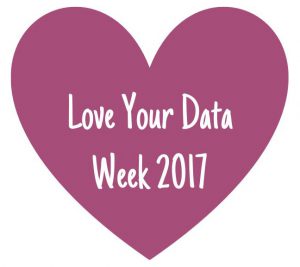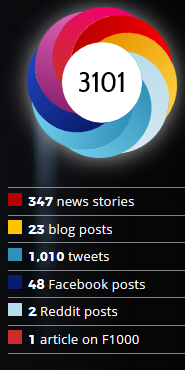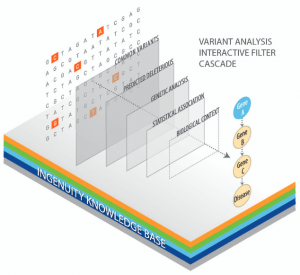Here at the Update, we usually stick to sober reporting. We want you to know that FlashClasses start again at the end of January. We want you to sign up in advance to receive weekly FlashClass announcements if you’re not already on the mailing list. We also want to know if you have an idea for a class we don’t already teach.
But sobriety aside, who hasn’t indulged at some point in the sort of quickie self-analysis found in popular magazines and websites? So relax and match your personality with a FlashClass track below. Then watch for announcements for classes in “your” track (or any other).
Your Personality
1. After mastering the basics, you like to take things to the next level.
2. You’re concerned about accountability in public life and resolved to be scrupulous in your own actions.
3. Restless and adventurous, you defy categorization.
4. You relish a challenge demanding discipline and thoroughness.
5. You yearn for serenity. But while the idea of getting rid of everything that doesn’t bring you joy is appealing, you’d settle for a better grip on your electronic information.
6. When you attend an event, you like to make a dramatic entrance and leave others with a strong impression.
7. You’re modest by nature but know you shouldn’t hide your light under a bushel.
FlashClass Tracks
a. Reference and File Management
b. Author’s Toolkit
c. Data Management
d. Literature Review
e. Instruction and Presentation Design
f. PubMed Toolkit
g. Special Topics
Answers
1f: You’ve taken our Painless PubMed class and can already do a decent search. Next challenge: develop advanced skills.
2c: With these classes, you’ll stay abreast of increasing standards for data collection and sharing.
3g: Follow your impulse toward our 3D printing class or another novel topic.
4d: Stay on top of popular review techniques and methods.
5a: Simplify your digital life with the advanced skills in this track.
6e: Increase your impact as a teacher and presenter with structured communication and graphics.
7b: Maximize your academic visibility and get the most from your efforts.
~Pat Weiss


 The week of February 13–17, 2017, is
The week of February 13–17, 2017, is 
 June Bandemer, former HSLS librarian, passed away Monday, October 24, 2016.
June Bandemer, former HSLS librarian, passed away Monday, October 24, 2016. In 1981, a new disease appeared in the United States. Reactions to the disease, soon named AIDS (acquired immune deficiency syndrome), varied. A book written in 1987 by and for people with AIDS titled, Surviving and Thriving, insisted that people could live with AIDS, not just die from it.
In 1981, a new disease appeared in the United States. Reactions to the disease, soon named AIDS (acquired immune deficiency syndrome), varied. A book written in 1987 by and for people with AIDS titled, Surviving and Thriving, insisted that people could live with AIDS, not just die from it. 